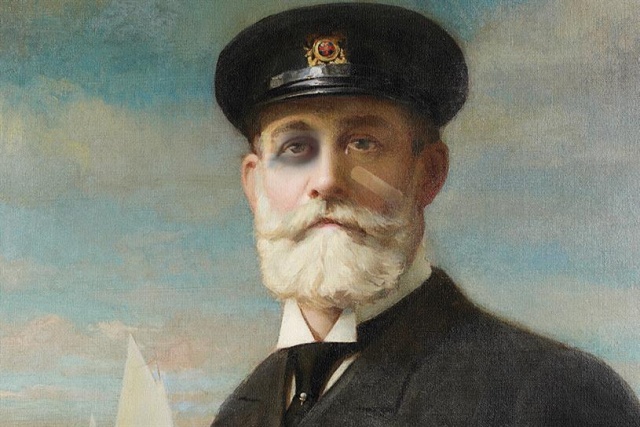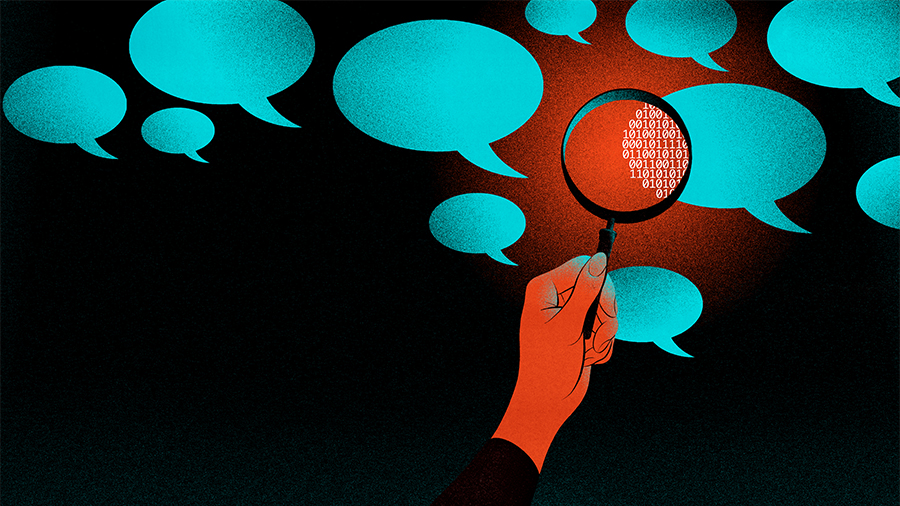Will the reputation of the world’s oldest advertising agency survive the Gustavo Martinez debacle?

For seven straight days, the oldest advertising agency in the world, J. Walter Thompson, watched its reputation suffer the sort of slings and arrows that could fell a lesser brand.
Ever since chief communications officer Erin Johnson filed a shocking discrimination lawsuit against chairman and chief executive Gustavo Martinez on March 10, WPP had stood by its man, assuring employees that a two-week-old internal investigation had found nothing, and implying no action would be taken until further evidence was unearthed. Martinez himself vigorously denied the allegations.
But mounting support for Johnson’s claims made it difficult for WPP to keep a hold on public opinion. On Sunday, Johnson’s lawyers confirmed that Martinez had been taped last May making a joke about being raped “but not in a nice way” in front of 60 JWT executives. They then confirmed they had emails that Johnson had sent to top HR executives pleading for help. (On the day the lawsuit was filed, Campaign US editor-in-chief Douglas Quenqua wrote a column addressing the suit’s claim that he had been present when Martinez made an anti-semitic remark).
Meanwhile, Johnson was placed on administrative leave. Martinez stayed in his job, but retreated from public view. And WPP hired prominent lawyers to push the investigation.
Yesterday, Martinez resigned “by mutual agreement,” replaced by WPP’s widely respected chief client officer, Tamara Ingram.
Was it too little too late to save the esteemed JWT brand? In the hours after Martinez resigned, industry sources, consultants and corporate reputation experts differed in their opinions.
“Nothing that good work and a client win won’t fix,” said a corporate communications director from an agency at a rival holding company who asked not to be named.
Others were less sanguine. “The commodore must be spinning in his grave,” said Cindy Gallop, founder of IfWeRantheWorld and an alumnus of JWT London in the ’80s, using the nickname for agency founder James Walter Thompson. “They’ve done huge damage to their reputation,” and repairing it won’t be easy.
Gallop prescribed a top-to-bottom reassessment of culture and procedures at both companies. “What has to happen now is something that’s going to come very hard to JWT and WPP — and by that I meant Martin Sorrell,” she said. “They must operate in a sprit of genuine remorse, humility and self-awareness. They need to take some very significant steps to have a complete transformation in culture and how leadership operates.”
Gallop, who has been vocal on social media about her outrage over the lawsuit, said she had been contacted by several female WPP employees during the week who confided having experiences similar to those Johnson described. “I’ve been trying to persuade these women to talk to journalists, and they won’t, even when assured of anonymity,” she said.
Gallop considers this a sign of a deeper problem at the holding company.
“That is the culture laid out in that lawsuit,” she continued, “and to change that, WPP essentially has to say, ‘We have really fucked up. We have allowed a culture to grow over the years where this can happen, and we are now committed to changing this — not only so these things don’t happen, but so when they do, we will make it clear that it is completely unacceptable and it will be addressed and have no impact at all on your career.”

And while a new business win could certainly alleviate some PR troubles, the agency’s reputation among potential clients will take some healing, said Greg Paull, principal of search firm R3 Worldwide.
The scandal “is sure to have some short-term impact, but with Tamara Ingram, WPP have made the right call – proven operator with strong FMCG pedigree and the ability to unite,” he wrote in an email message. “But this is just the start – she’s going to have to work on a cultural alignment and diversity of the overall management team, which right now seems too testosterone driven overall.”
As of Friday morning, 63% of Campaign US readers believed JWT had done long-term damage to its brand, according to a poll posted Thursday afternoon.
Gene Grabowski, a partner at Washington, DC, public affairs firm kglobal, said that WPP acted relatively quickly for a large corporate entity, and that JWT should have little trouble bouncing back.
“Given that they have moved quickly and made the right move in replacing him, this probably won’t have a lasting negative affect on the company,” he said.
Like others, Grabowski applauded WPP for naming Ingram as Martinez’s successor, citing the good “visuals” and the changing of the narrative.
“You turned a huge negative potentially into a huge positive overnight,” said Mike Paul, chief executive of PR firm The Reputation Doctor.
Now, Grabowski says, JWT should “let time work its magic. Don’t try to rush it. You will find some young people talking about it and remembering it for a while. It will affect some people’s decisions to work in the company,” but “80% of the task” is done.
Despite the negative press surrounding the case, the news of Martinez’s resignation on Thursday took many by surprise given the stoic signals WPP had been sending out. Paul, who closely watched events unfold, believes he saw the invisible hand of Finsbury — the WPP crisis firm brought in to advise JWT — at work in the decision.
“Finsbury is an excellent firm, and I’m sure their advice included not to let this play out in the court of law,” he said, “that there would be daily damage in the court of public opinion that would be potentially irreversible.”
But while JWT may be on the road to repair, Martinez’s reputation could prove harder to fix, said Paul — particularly given his status as a relative unknown in the industry prior to his appointment to CEO in January 2015. “It’s going to be very difficult for a leader who has those allegations from a branding and reputation perspective to move forward,” he said.
Clients so far have remained largely silent on the matter — at least publically. And while family-friendly companies like Johnson & Johnson and Ford are no doubt unhappy to have their names associated with the scandal, they could be quick to forgive considering there was no corporate malfeasance.
“This will not have a lasting affect on clients because it doesn’t affect client service directly,” said Grabowski. “If you have financial malfeasance, or overcharging of clients, things that directly affect client service, that is a lot harder to bounce back from. This is something people won’t remember a year from now.”
Martinez has resigned, but Johnson’s lawsuit continues. Hours after Martinez’s exit, WPP filed a document with the court contesting Johnson’s request to enter the infamous “rape joke” video into evidence. And as that plays out in the courts — assuming it gets that far — the reputations of WPP, JWT and Johnson will continue to suffer. Such is the nature of litigation.
But Martinez’s departure gives the companies some breathing room, said Paul.
“Will there still be negative messages that come out in court of law? Yes,” he said. “Will Martin still be asked tough questions by employees or concerned clients? Yes. That doesn’t go away overnight.”
“But now they can say ‘former CEO,’ ” he said.
Source: Campaign US





